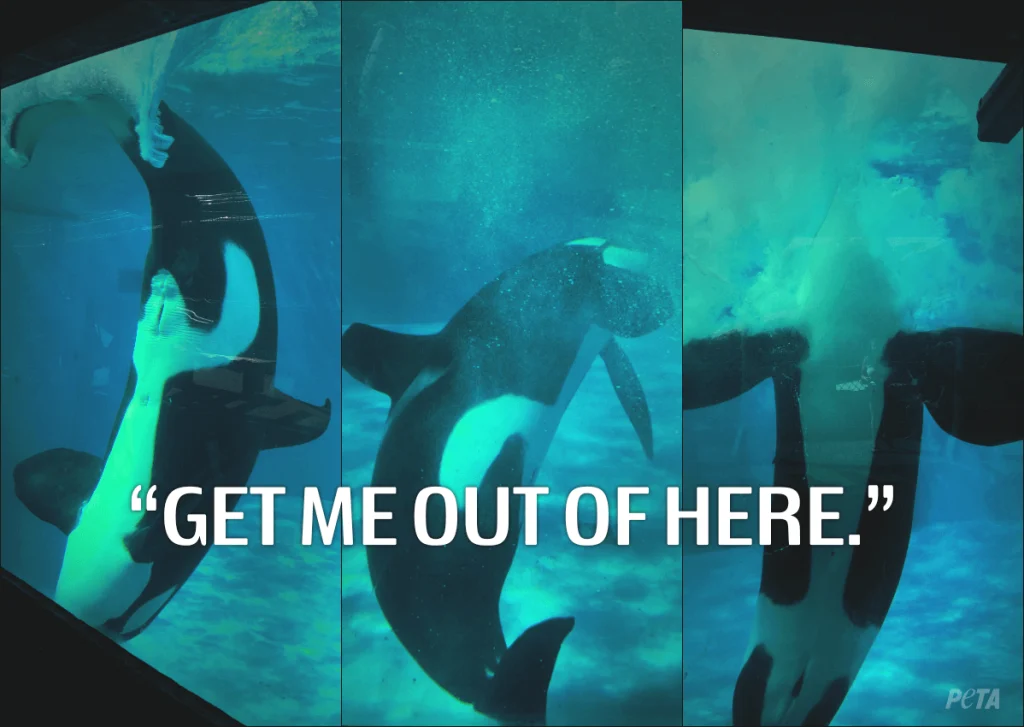Hey there, animal lovers! Today, we’re diving into a topic that has sparked a lot of conversation and controversy: the truth behind zoos, circuses, and marine parks. While these forms of entertainment have long been enjoyed by families across the globe, recent scrutiny has brought to light some concerning issues regarding animal welfare and ethics. Let’s take a closer look at what’s really going on behind the scenes.

Zoos
Let’s start with zoos. These institutions have come a long way from their origins as menageries meant for entertainment and curiosity. While many zoos today focus on conservation and education, there are still ethical concerns surrounding the captivity of animals.
In the wild, animals have the freedom to roam, hunt, and socialize with their own kind. When they are confined to enclosures in zoos, their natural behaviors can be disrupted. Some animals develop stereotypic behaviors, like pacing back and forth, which is a sign of stress and boredom.
While zoos play a role in conservation efforts, some argue that the benefits do not outweigh the cost of keeping animals in captivity. There are alternative approaches, such as wildlife sanctuaries and rehabilitation centers, that prioritize the well-being of animals over entertainment.
Circuses
Circuses have long been known for their exciting performances, complete with clowns, acrobats, and, of course, animals. However, the use of animals in circuses has been a source of controversy for many years.
The training methods used to make animals perform tricks can be harsh and cruel. Many circus animals are kept in cramped cages or enclosures when they are not performing, leading to physical and psychological suffering. In recent years, there has been a push for legislation to ban the use of animals in circuses to protect their welfare.
While the allure of circus acts may be hard to resist, there are circus alternatives that focus on human talent and creativity. These modern circuses provide incredible performances without the need for animal exploitation.
Marine Parks
Marine parks, such as SeaWorld, have become popular destinations for families looking to get up close and personal with marine animals like dolphins and killer whales. However, behind the flashy shows and interactive experiences lies a dark reality for these animals.
The captivity and confinement of marine animals in tanks can have serious consequences on their physical and mental health. Animals like dolphins and orcas are highly intelligent and social beings that suffer in captivity. Many argue that the entertainment value of marine parks does not justify the harm caused to these animals.
There is a growing movement to end the use of marine animals for entertainment and instead promote eco-tourism and responsible whale watching tours that allow animals to remain in their natural habitats.

Conclusion
As we peel back the curtain on the world of zoos, circuses, and marine parks, it’s clear that there are serious ethical concerns and animal welfare issues that need to be addressed. While these forms of entertainment have their appeal, it’s important to consider the cost to the animals involved.
By advocating for alternatives that prioritize conservation, education, and animal welfare, we can work towards a future where entertainment doesn’t come at the expense of the creatures we share this planet with. Let’s continue to shine a light on the truth and make compassionate choices for the well-being of all living beings.
4.5/5 - (15 votes)









